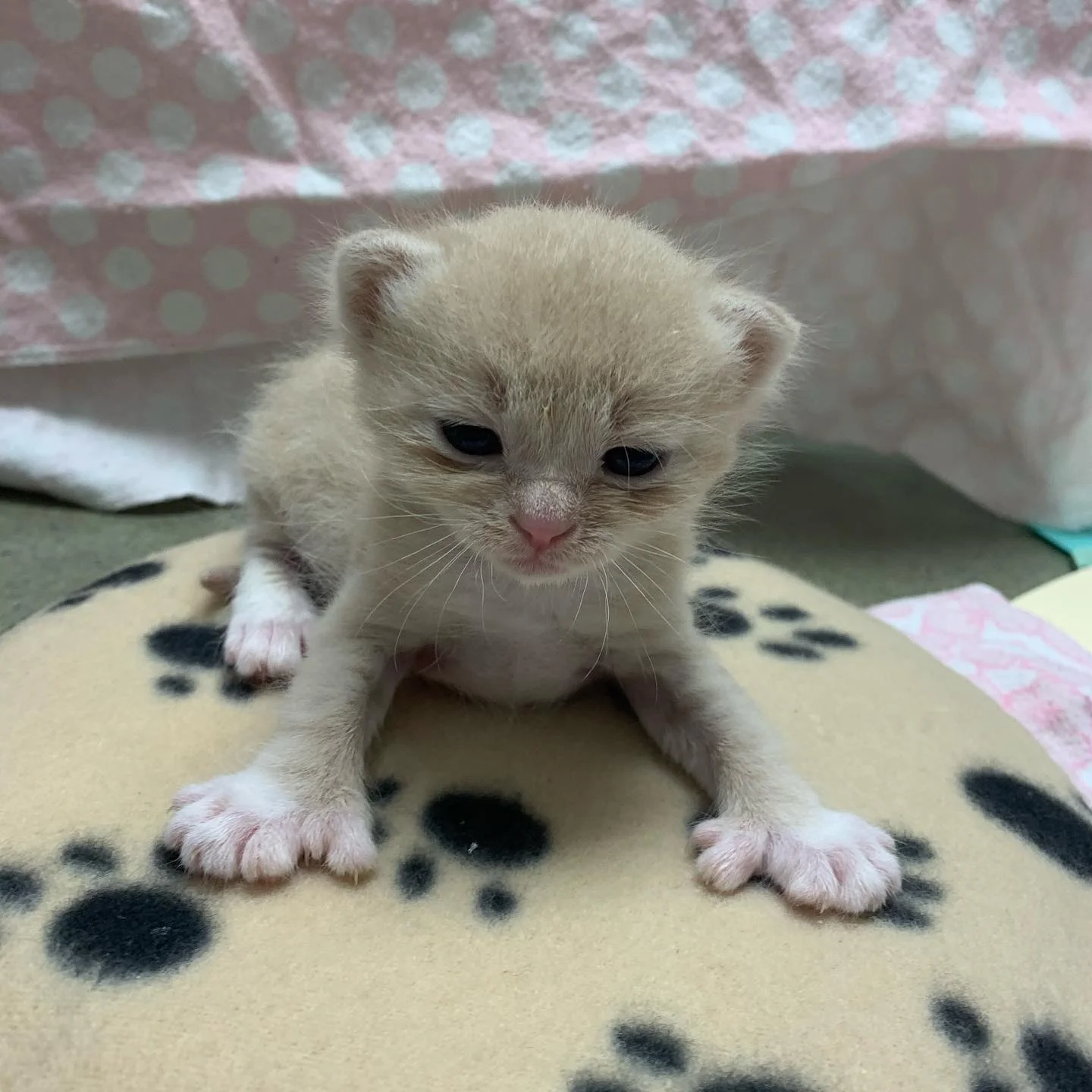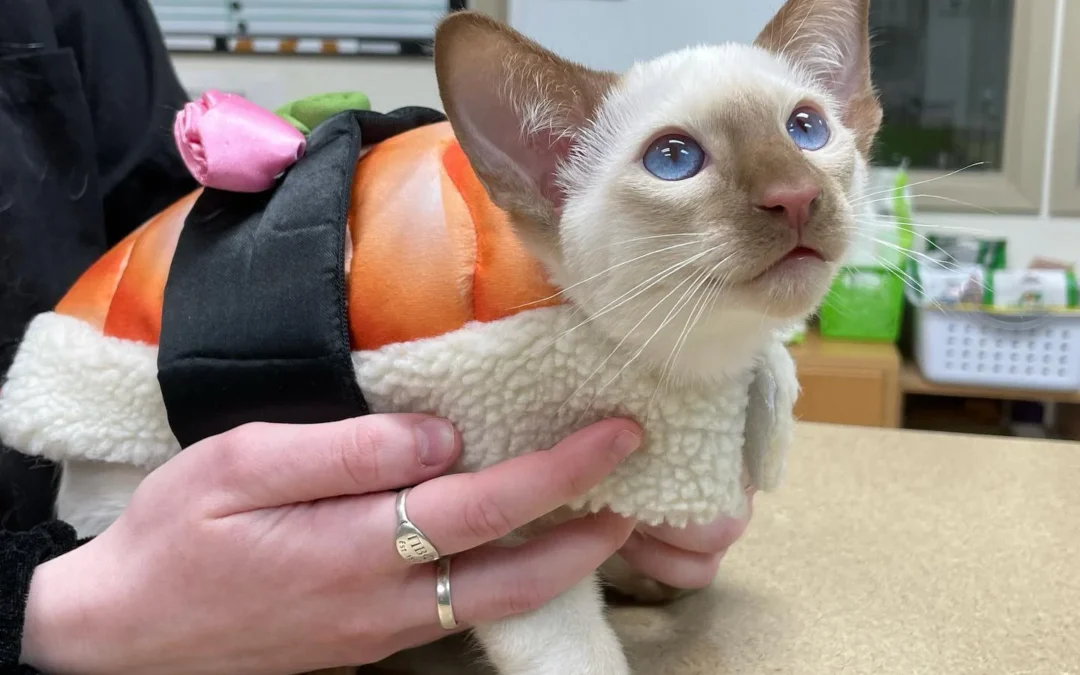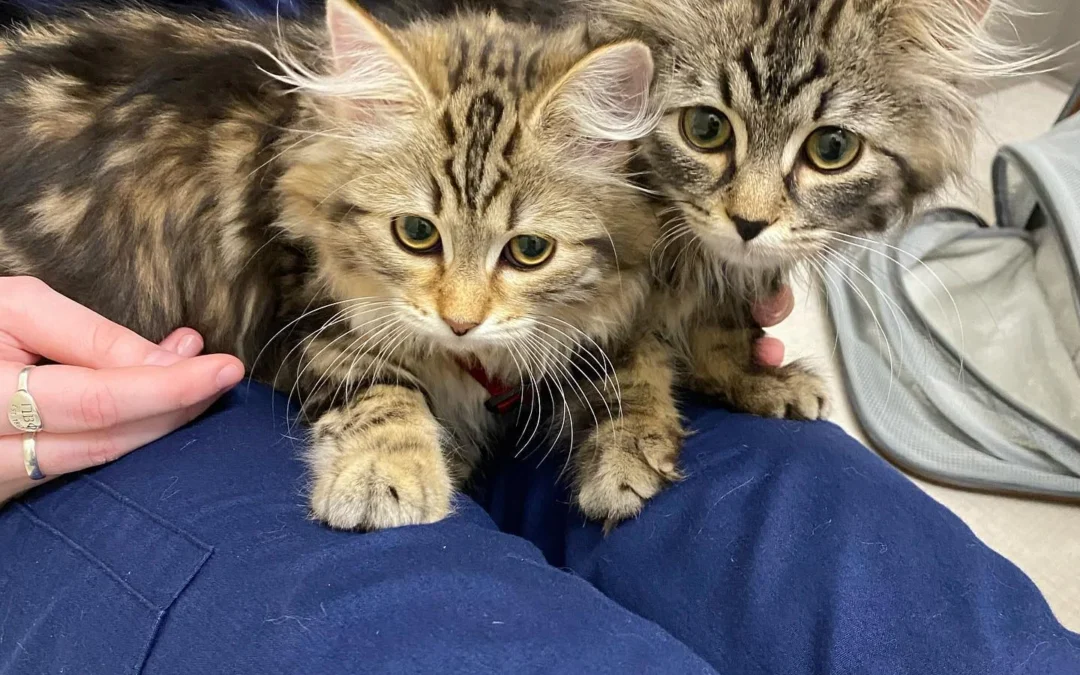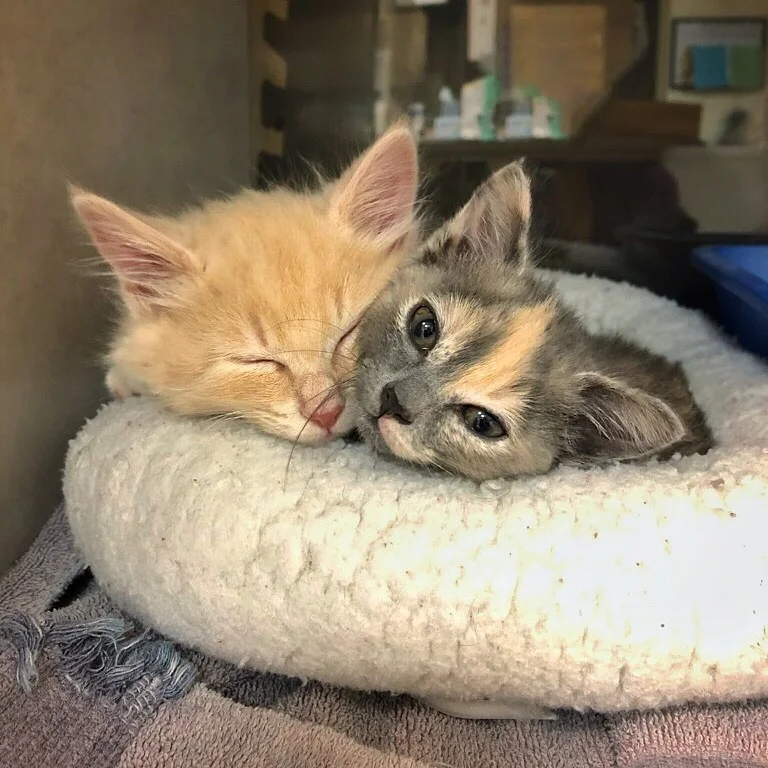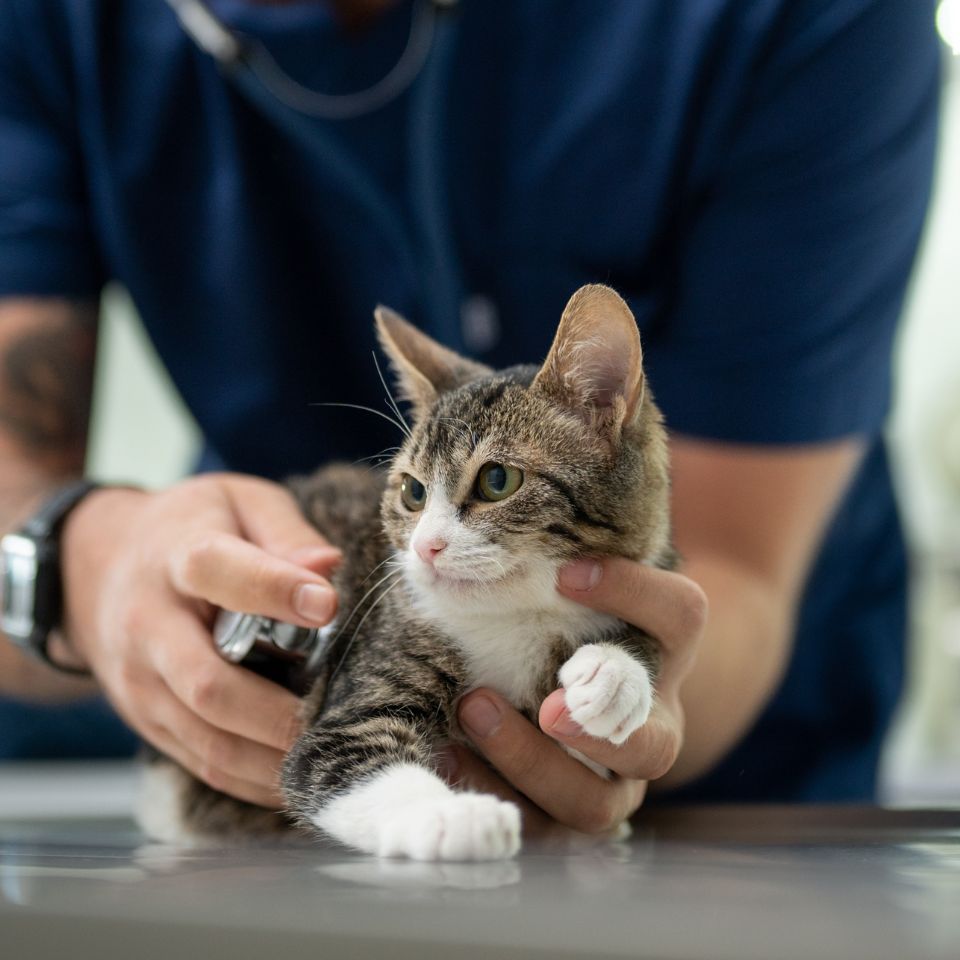Understanding Parasites & How to Protect Your Kitten
At Island Cats Veterinary Hospital, we prioritize feline wellness care to keep your cat healthy and happy. One of the most significant health risks to kittens is parasitic infections, which can cause anything from mild discomfort to severe health complications.
Common Parasites in Kittens
- Roundworms – Can cause digestive issues, weight loss, and a bloated belly.
- Hookworms – May lead to anemia, diarrhea, and lethargy.
- Whipworms – Rare in cats but can cause chronic weight loss and gastrointestinal issues.
- Tapeworms – Often transmitted by fleas and can appear as small white segments near the cat’s rear.
Signs Your Kitten May Have Parasites
- Rapid weight loss despite normal eating habits
- Diarrhea that doesn’t improve with dietarychanges
- Anemia (pale gums, weakness)
- Itching or irritation around the anal area
- Vomiting or severe foul breath
- Persistent coughing
If you notice these symptoms, schedule a veterinary visit immediately.
Why Stool Samples Are Important
Even if your cat isn’t showing obvious symptoms, a fecal exam can detect parasite eggs before they cause harm. Some parasites, like whipworms, lay very few eggs, making multiple stool tests necessary for accurate diagnosis.
Preventing Parasites in Kittens
- Regular veterinary checkups – Annual exams for indoor cats, bi-annual for outdoor cats
- Routine deworming treatments – Preventative medications help keep parasites at bay
- Flea prevention – Reduces the risk of tapeworm transmission
- Limit exposure to high-risk areas – Avoid tall grass, marshes, or areas with stray animals
Keeping your kitten on a preventative care plan is the best way to avoid parasites.
Concerned about parasites? Contact us today for an exam.

